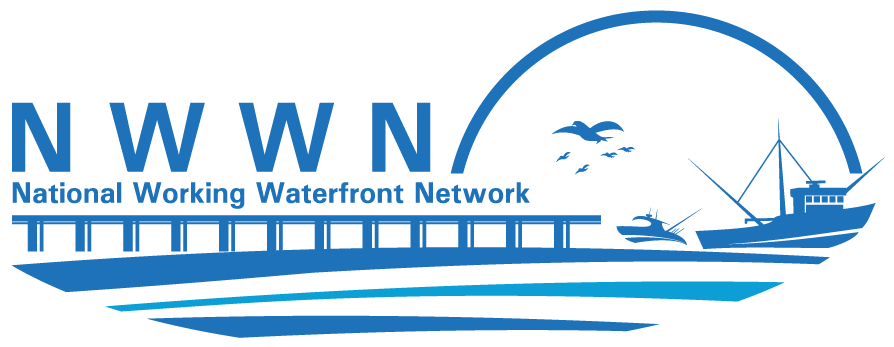Zoning
Regulation of land uses occurs through the enactment and enforcement of zoning ordinances, building codes, and permits and licenses. Most zoning and permitting decisions are made by local governments. Local governments have the authority, often referred to as “police powers,” to regulate land uses to protect the public health, welfare, and environment. In addition, states have often granted local government authority through zoning enabling acts.
Zoning may be used to help fully realize any working waterfront preservation goals, especially if those goals have been clearly articulated in comprehensive plans. For example, zoning may help ensure that water-dependent uses, such as marinas, maintain priority and that other authorized uses, such as commercial spaces, are compatible. Water-dependent use zones, for instance, can be used to establish districts that give preference to commercial fishing or other maritime activities. In such zones, special permits might be required for non-water-dependent uses like restaurants or hotels. In addition to helping to guide future development, zoning is also a valuable tool for maintaining commercial or recreational access and for reducing user conflicts.
Community Examples:
- Case Study: Transforming Marquette, Michigan’s Waterfront with Form Based Code
- Case Study: Portland, Maine: Balancing Maritime Uses and Waterfront Diversification through Municipal Zoning
Recommended Resources:
- NYC Zoning, Waterfront Zoning Tools,
- Property Topics and Concepts,
- Municipal Research and Services Center of Washington, Waterfront Development,

